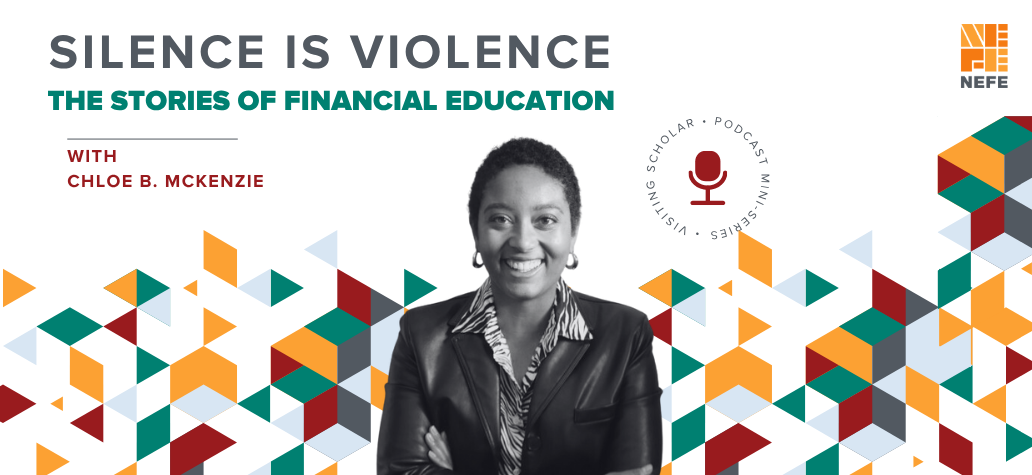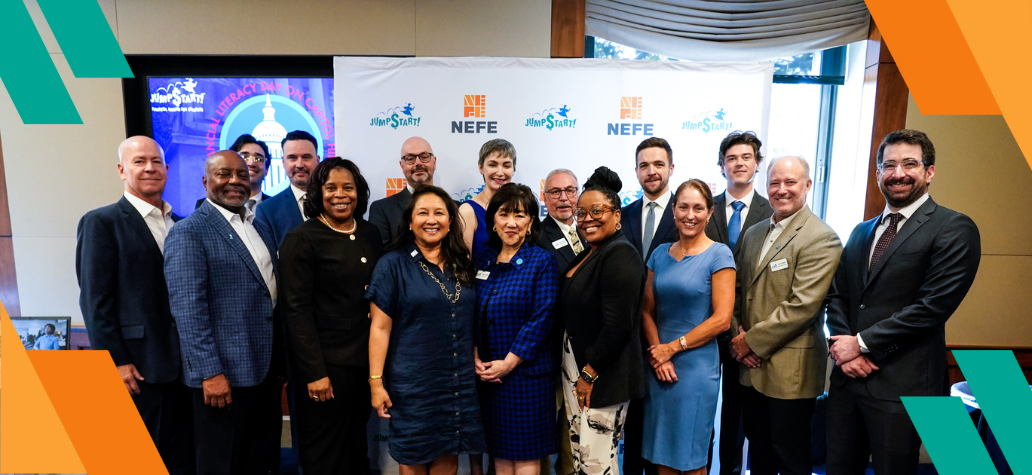About Half Say Quality of Financial Life Is About What They Expect It to Be
DENVER—The National Endowment for Financial Education® (NEFE®) has released results from its annual survey on consumer expectations, finding that three quarters (76 percent) of U.S. adults will make financial New Year’s resolutions for 2020. The top goals among those who will set a financial resolution include setting and following a budget (43 percent), planning to get out of debt (37 percent), establishing savings (33 percent) and boosting retirement savings (30 percent).
The survey indicates that Americans may have anxiety over their ability to save money. Over three quarters (79 percent) of U.S. adults feel financial stress, with saving money topping the list at 54 percent and managing debt at 46 percent. Among those who say something causes financial stress, 45 percent admitted that not having to worry about saving would provide the most financial relief. Additionally, 38 percent of those with financial stress say not having to worry about debt would give them the most financial relief. The survey was conducted online by The Harris Poll on behalf of NEFE among more than 2,000 U.S. adults.
“Given uncertainties over the past year, Americans are demonstrating both the desire to control their finances and understand the importance of improving their financial well-being in 2020,” says Billy Hensley, Ph.D., president and CEO of NEFE. “Even in a strong economy, more than half of Americans say they are living paycheck to paycheck due to credit card debt, managing housing expenses and dealing with employment struggles. This illustrates why it is important to stay focused on your financial health as much as your physical health.”
In 2019, over seven in 10 (72 percent) of U.S. adults experienced unexpected major expenses or financial setbacks. Transportation issues (25 percent), housing repairs/maintenance (23 percent), medical care for an injury or illness (21 percent) and inability to keep up with debt (20 percent) hovered at the top of the list. According to the survey, about one third of U.S. adults said that if they were faced with a major unexpected expense, they would pay for it using cash (32 percent), followed by emergency savings (31 percent) and credit card(s) (29 percent).
“Often financial professionals advise saving six to nine months of living expenses, which can be overwhelming to most. Consider starting small with achievable goals so that you do not become discouraged,” says Hensley.
The latest annual survey from NEFE discovers additional sentiments from Americans, including but not limited to:
- Quality of Financial Life: Almost half (49 percent) of U.S. adults feel the current quality of their financial life is about what they expected it to be, and 23 percent say it is better than they expected. However, 28 percent of U.S. adults say the current quality of their financial life is worse than they expected.
- Gender Disparities: Among those who will make a financial New Year resolution, women are significantly more likely than men to resolve to set and follow a budget (46 percent vs. 39 percent).
- Top Anticipated Expenses: The top-three expected expenses for 2020 are paying off debt (36 percent), medical or transportation expenses (both 29 percent) and home expenses—excluding mortgage (28 percent).
- Paying for Setbacks: About one third of U.S. adults said that if faced with an unexpected financial expense, they would pay for it using cash (32 percent), followed by emergency savings (31 percent) and credit card(s) (29 percent). Men are more likely than women to say they would pay for an unexpected expense with cash (36 percent vs. 27 percent).
- Anticipation of Tax-Filing Outcomes: Nine in 10 Americans plan to file 2019 federal taxes, and among those who will, 41 percent expect to pay the same amount in federal income taxes as in 2018. Roughly one in five (21 percent) expect to pay more, while 18 percent expect to pay less.
Read more on the NEFE resolutions survey.
For help getting finances in order in 2020, visit www.smartaboutmoney.org.
Survey Methodology
This survey was conducted online within the U.S. by The Harris Poll on behalf of the National Endowment for Financial Education between December 12-16, 2019, among 2,017 adults ages 18 and older. This online survey is not based on a probability sample and therefore no estimate of theoretical sampling error can be calculated. Please contact for complete survey methodology, including weighting variables.



